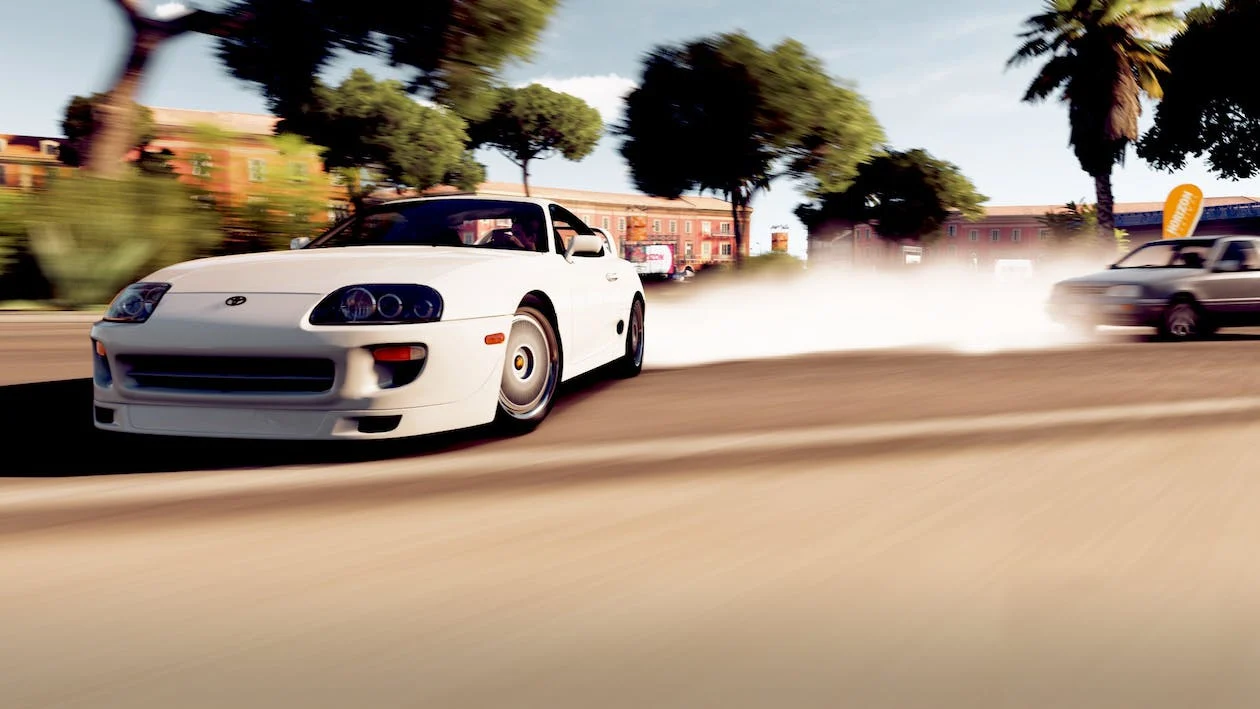When you’re speeding behind the wheel, it’s one of the most dangerous actions you can take in your daily life. Speeding increases the likelihood of an accident because it reduces reaction time and can make the severity of impact worse if there is a collision.
If you’re a driver operating a vehicle and you’re going above the posted speed limit, it significantly increases the likelihood of losing control of your vehicle after even a small error. You could panic, overcorrect, brake unexpectedly, and cause a serious accident.
If you’re speeding, you’re not going to have the time to stop or maneuver your vehicle to avoid a collision because speeding reduces the amount of time you have available to react to an event if you have to slam on the brakes. The high rate of speed, as mentioned, is also going to make the impact more severe if you’re in a collision, and that can lead to catastrophic injuries.
Protecting your personal safety and the people around you on the roadways is one reason that you should avoid speeding, but there may also be criminal penalties if you don’t.
So, when does speeding become a crime?
Speeding Is Usually an Infraction
When someone commits a crime, it can be categorized as an infraction, a misdemeanor, or a felony. Of the three, an infraction is the least serious, and it can only be punishable by fines and not jail time.
Traffic offenses are the most well-known of the infractions that someone can commit, but others include public intoxication, littering, or jaywalking.
Some states will give infractions different names, like petty offenses or violations.
States will set the guidelines for what offenses are and what the penalties can be.
Speeding or running a stop sign or similar driving-related offenses are infractions, and then more serious traffic violations, such as reckless driving or driving while under the influence of substances, can be elevated to a misdemeanor.
If you’re caught speeding, you might get a ticket with a small fine you have to pay, and you may also get license points.
If you get an infraction ticket for speeding, it will specify your violation, give you a deadline, and it will outline what your options are for resolving it.
If you get an infraction ticket, you probably either have the choice to pay it or to appear in court. If you pay your ticket by the deadline, you don’t have to do anything else or appear in court. If you want to fight your ticket, you need to show up in traffic court and then plead not guilty to a violation before the deadline. The judge sets a hearing date, and at that time, you will go to dispute your ticket and let the judge know what your defense is.
A speeding infraction ticket can cost up to a few hundred dollars, depending on your speed and if you violated the speed limit in a certain area, such as a work or school zone.
When Is a Ticket a Misdemeanor?
A few states classify all traffic offenses, including speeding, as a misdemeanor. It’s more common for states to elevate speeding to a misdemeanor only if it has an aggravating factor.
One reason that your speeding ticket could become a misdemeanor is if you were going at an excessive speed. Depending on where you live, anywhere from 15 to 35 miles per hour over the speed limit could be a misdemeanor.
If you’re operating a commercial vehicle and you’re going even a little over the limit, you could be charged with a misdemeanor.
Reckless driving charges may occur if you were excessively speeding to the point that you’re putting others at a substantial level of risk.
Street racing also tends to be a misdemeanor charge.
When you have a misdemeanor charge, you usually have to go to a criminal court instead of a traffic court, and you can’t pay the ticket ahead of time to get out of it.
Felony Speeding
Finally, if you were doing something else that’s considered very dangerous, speeding can become a felony charge.
For example, if you were speeding and it led to injuries or deaths, you could have a felony charge for vehicular manslaughter.
If you were trying to evade an officer, speeding could also be a felony.
Felony charges are handled in a criminal court setting, and these crimes can carry a minimum of a year in prison. You’ll likely have to pay significant fines if you have a felony conviction, and you’ll probably have your license suspended or revoked also.

